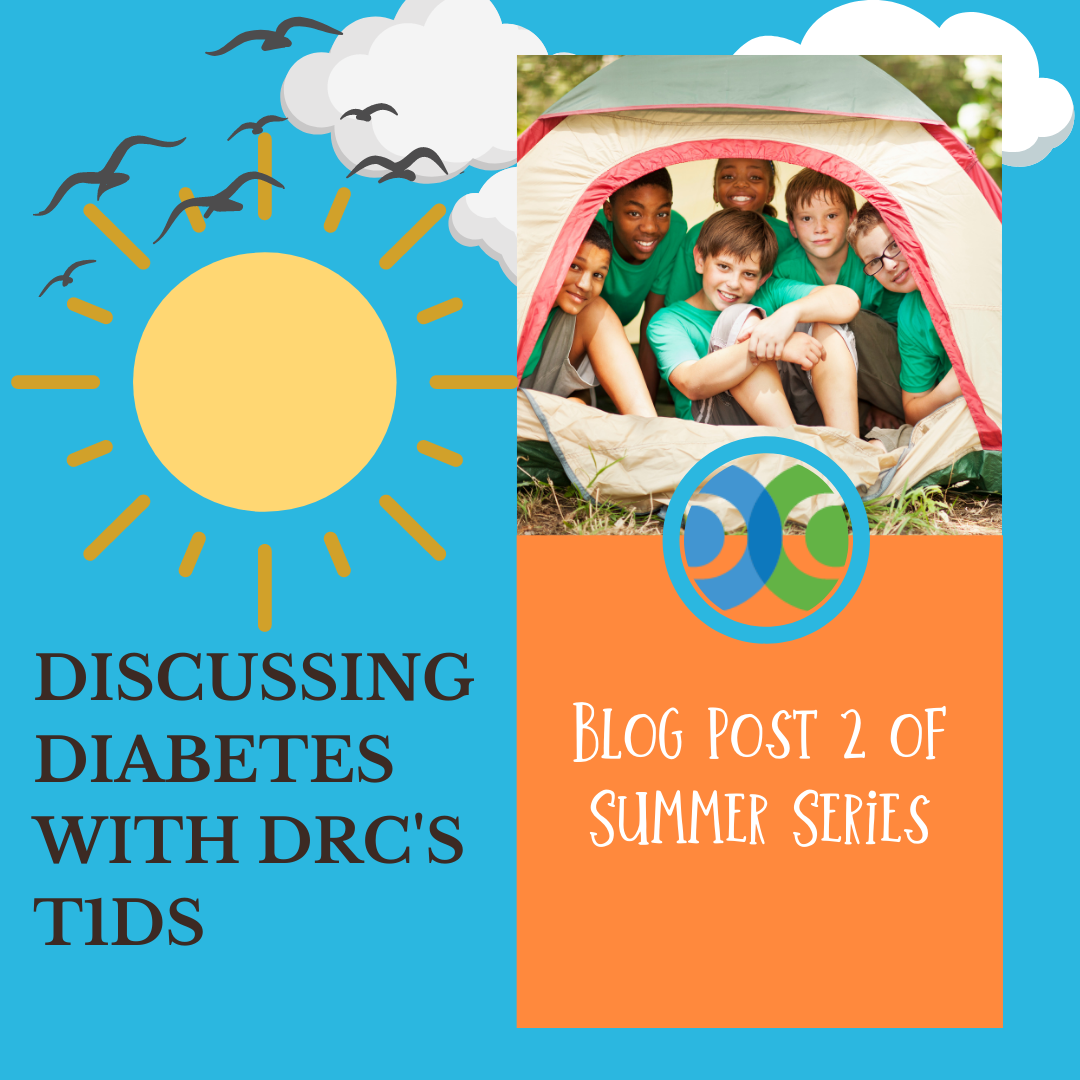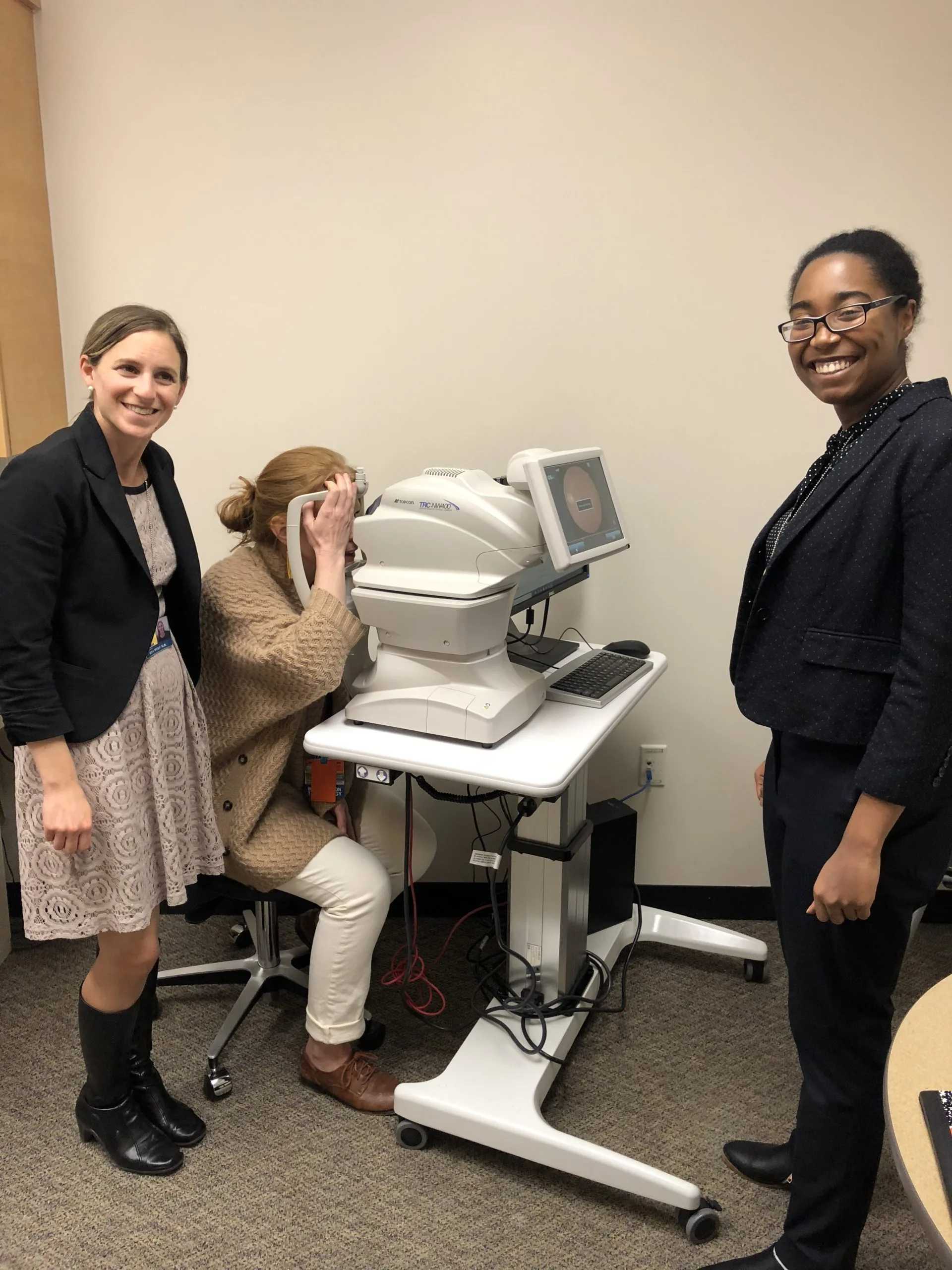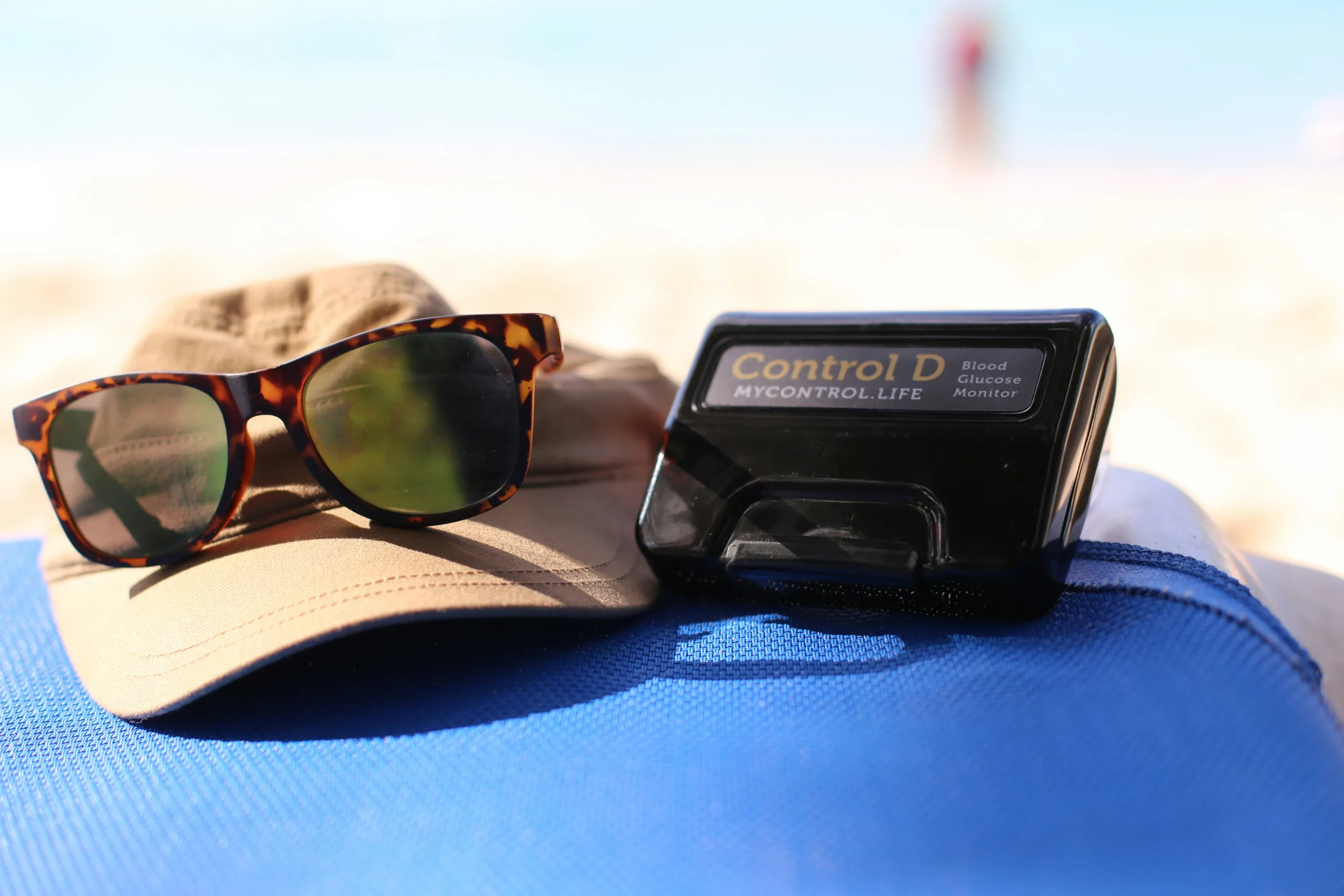Everyone has experienced the wonders of childhood. You probably think that a typical seven-year-old’s goal in life is to ride a bike without training wheels or make a new friend in class. Mine was to learn how to give myself my own shots. Weird, right? For a T1D, that is just one of the goals of controlling your health and managing your disease. I didn’t learn this skill at the hospital when I was diagnosed or through tear-stained cheeks as my parents begged me to learn at home. Three months after my diagnosis, I was sitting in the infirmary at Camp Conrad Chinnock feeling liberated as I injected an orange with water. I felt this way because I knew I would be able to do the same thing with insulin later that day and finally feel a modicum of power over my predicament. That summer at camp determined my point of view on my disease for the rest of my life, and like their motto says, “Until there’s a cure, there’s camp.”
Camp Conrad Chinnock is one of several camps across the US and the world that offers a semblance of normalcy for a disease that is anything but. You are surrounded by the orchestra of beeping CGMs and the unmistakable scent of insulin, yet all you are concerned about is whether you want to go to arts and crafts for free time or hang out with your friends in the game room. Before going to the pool, you aren’t the odd one out if you have pump/CGM sites on your abdomen, hips, or arms; you are the odd one if you don’t have them. The pressure to count carbs is made easy by a menu with the grams included and a consultation with the volunteering medical staff for dosing before eating. Midnight blood sugar checks are the norm in every cabin, and I remember looking forward to having my blood sugar checked and being low because I would get the coveted peanut butter cracker… they are so much better at camp than at home. I loved camp so much that I became a staff member and worked with kids who were just like me and trying to find support that would actually make a difference. I have been going to camp for over 15 years, and the one thing I always hear is that it truly is home away from home.
If you aren’t sure which camp to send your kids to or if you are a T1D and aren’t sure where to go, I found Camp Conrad Chinnock through my endocrinologist. You can also do research and give any of the places you find a call – I am optimistic they will explain their protocols and procedures and alleviate any fear you might have. Below, I will share a few of the camps around the country that I have heard of and recommend you look into:
– Obviously, Camp Conrad Chinnock. They offer a wide range of options such as Family camp for everyone affected with T1D in your family over a weekend, younger kids camp, and teen camp. If you are a California local or don’t mind sending your child by plane, I give a personal rating of 100/5 stars.
– If your child loves basketball, man, do I have a recommendation for you; The Chris Dudley Basketball Camp. This is a week-long overnight camp in Oregon for youth with T1D, ages 10-17. Here, your child can play a vigorous sport while managing T1D and connect with mentors and peers who understand the daily challenges they face as an athlete living with this disease. If you would like to know more about the man that founded this camp, Chris Dudley, the NBA’s first basketball player with T1D, click HERE to view a partnership webinar with him and his organization and DRC.
– Do you live on the other side of the country? Camp Kudzo is an independent, nonprofit organization that serves children and teens living with type 1 diabetes. Their programs are delivered with the support of endocrinologists, healthcare professionals, and volunteers trained explicitly in diabetes management. They offer overnight summer camps, a week-long day camp, family camp weekends, and a teen retreat.
– Can’t afford camp and live in Idaho? Camp Hodia provides educational camps and programs for youth with type 1 diabetes regardless of their ability to pay. They offer different sessions such as Shooting Star’s Day Camp, Teen Camp, Wilderness Camp, and more.
– Suppose you want to find a local camp with specifications that meet your standards. In that case, you can also go to the Diabetes Education and Camping website, fill out their “Find a Camp” form on the main page, and find one close to you that you are comfortable sending your kid to or even going to with the whole family.
Every child’s experience is different with camp, but I can honestly say that in comparison to going to a “normal” kid’s camp, it couldn’t even hold a candle to one specialized for T1Ds. Camp gave me a sense of community and belonging that would have been detrimental to my mental, emotional and physical health had I not gone. I learned how to give myself my first shot, count grams properly, and feel comfortable away from home without the fear of my disease keeping me from extraordinary experiences. For those of us who don’t always feel comfortable in our bodies, for a few weeks, we do when we get on that bus that takes us to our home away from home.
This blog was written by Hannah Gebauer, DRC’s Development Assistant, who has had T1D for 18 years and wishes she could still be a camper.





